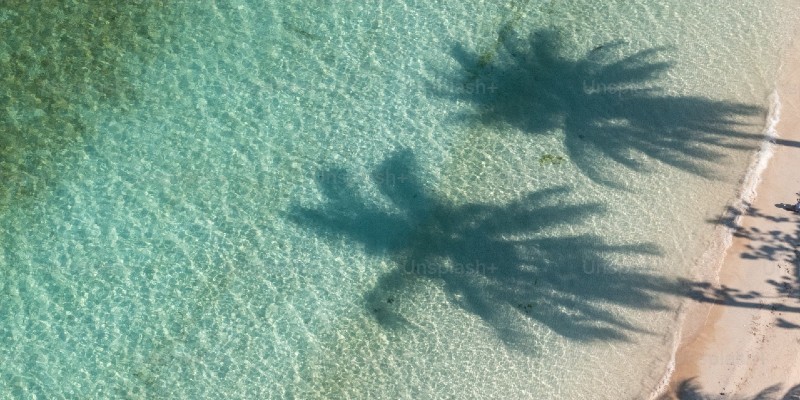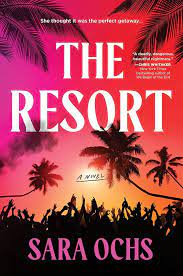Having traveled fairly extensively in my life, I’ve garnered quite a slew of past tristes with destinations. Some I ditched after the first date—cutting a trip short as soon as I realized we weren’t compatible—others turned into more long-term connections, even prompting me to move for a few months or, in one case, over a year.
But just like any list of past relationships, there’s the ‘one that got away.’
For me, that place is a tiny, secluded island in the Gulf of Thailand. If you’ve seen the 2000 film The Beach, adapted from Alex Garland’s novel of the same name, you can easily picture it: turquoise blue waters, lush mountains that erupt almost directly out of the beaches themselves, rickety huts serving up fishbowls of brightly colored drinks. It was my version of paradise, and I knew I was a goner as soon as I stepped foot off the ferry.
I spent my week on that island taking advantage of everything it had to offer: racing motorbikes through the narrow hills, earning my scuba diving certification as I waved to sea turtles meters beneath the surface, and—of course—partaking in the nightly bar crawls marketed to fellow backpackers and the vibrant expat community that resided on the island.
It was a few days after I arrived that I first heard about them: the murders. They were always talked about in hushed tones, always accompanied by furtive glances, as if speaking about them aloud would make them real. It was only after I did some research that I found out about the heinous crime that had happened only a year before I’d arrived on the island. Two British tourists had been found beaten to death just down the beach from where I was staying. Shortly thereafter, two Burmese immigrants were arrested and charged with the crimes, although they later claimed their confessions had been elicited through torture.
But even as the news lodged in my gut, I knew I wouldn’t be changing my travel plans to depart the island early. In fact, only a day or so later, my friends and I canceled our plans to head to our next destination, choosing instead to prolong our time on the island. There was some magical pull to the place that kept me there, despite knowing the darkness that lurked—literally—around the corner.
After I finally acquiesced to my pre-arranged flight bookings and dragged myself off the island, I spent several years toying with the idea of dropping everything in my life, packing up, and shipping back to Thailand, where I could make a living as scuba instructor or a bartender. Even from half a world away, the lure of the island was intoxicating. It was a paradise that had buried itself beneath my skin, one I couldn’t seem to wash off.
I never did take the plunge and move to that island, but when the COVID pandemic rolled around in 2020 and I started writing to escape the confinement of my one-bedroom apartment, the first setting that popped in my head was that paradisical destination with its dark undercurrent of crime. As I searched the internet, wondering how much the island had changed in the years since I’d visited, I was appalled to learn that the dual murder that occurred shortly before I’d arrived was no longer an isolated event. Instead, publications were reporting a string of suspicious deaths and disappearances of backpackers and expats from the island. The events had become so salacious that they’d generated not only various magazine articles and blog posts, but even a podcast.
The news gripped me immediately, and before I knew it, I was dragged back under the island’s waves, spending my lockdown days reliving my experience there, but this time weaving in fictional murders, writing what would become the first draft of my debut thriller, The Resort.
As I wrote about the death of a resort guest that shook a Thai island very much based on the one I’d visited all those years ago, I spent a lot of time thinking of how the other resort guests, and especially the island expats, would react to that type of crime. I remembered, slightly chagrined, my own reaction to learning of the island’s murders. How quick I was to dismiss them as something that could only happen to someone else, how easy it was to convince myself I was never in danger in a place that felt so welcoming and idyllic. I couldn’t imagine how difficult it would be for someone who had made that island their home to acknowledge the darkness that lurked beneath, to recognize the danger they may have put themselves in.
We all have places—like people—that we fall in love with. And, just like with people, we’re often able to overlook their red flags, even when they’re flying full mast. With The Resort, I wanted to explore how far we would go to protect those places, to keep them forever as the idealized paradise we fell in love with.
Because as much as it pains me to admit this now, even knowing the dark events that occurred on that island I visited years ago, even after writing a fictionalized version of how terrible things could end up if I’d stayed, I know, if the opportunity presented itself, I would still go back in a heartbeat.
*


















